The untold story of education in Zimbabwe’s fight for freedom
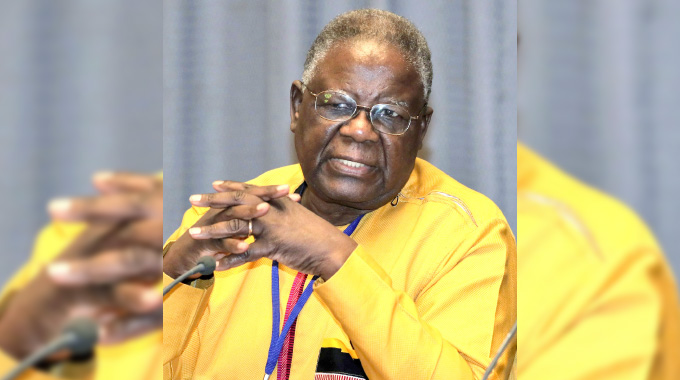
Stanford Chiwanga, [email protected]
ZIMBABWE’S fight for independence wasn’t just about the roar of gunfire and the rumble of tanks. Recognising education as a powerful tool for social and political change, Zimbabwean revolutionaries wielded knowledge alongside weapons, in their struggle for liberation. Education empowered freedom fighters to challenge colonial narratives, develop leadership skills and prepare for the future of the nation. In essence, the attainment of knowledge became a crucial weapon in dismantling the colonial system and paving the way for an independent Zimbabwe.
As scholar Takalani Mudariki argues, “Education served as a weapon wielded alongside the gun.” By acquiring knowledge, freedom fighters not only challenged the colonial system, but also equipped themselves to dismantle it and build a new nation.
The colonial education system in Rhodesia, as Zimbabwe was then known, was designed to perpetuate white minority rule. As historian Joel Samoff observes, “Schools were a key site for the production of racial difference.” Black Zimbabweans received a limited education focused on manual labour, while white children were given a more privileged education. This knowledge gap fuelled resentment and a yearning for a different future.
As already stated, the colonial education system in Zimbabwe was designed to subjugate and indoctrinate, but it inadvertently created a class of educated Africans, who used their knowledge to resist and challenge colonial rule. The impact of colonial education on the primary and secondary education curriculum formulated in 1980 upon attaining independence in Zimbabwe, is well-documented (Horiro, 2024).
However, freedom fighters weren’t passive recipients of this imposed system. Many, as highlighted by Mudariki, sought alternative forms of education, establishing clandestine schools in refugee camps and liberated areas. These schools, according to education specialist Dzingai Mutumbuka, “played a crucial role in consciousness-raising and the development of a strong sense of national identity.” They provided not just basic literacy and numeracy skills, but also nurtured critical thinking and leadership qualities. This intellectual foundation, as argued by Mudariki, “enabled them to analyse their situation, strategise effectively, and mobilise the masses for the struggle.”
http:/https://youtu.be/TX9NrZuGut0
Education also served as a powerful tool for communication. Freedom fighters, often with some level of education themselves, became educators for the wider population. Storytelling, songs and even plays were used to spread awareness about the injustices of colonialism and the cause for independence.
This education at the grassroots level, as argued by Samoff, “played a vital role in mobilising popular support for the liberation struggle.”
Educational institutions served as incubators for revolutionary ideas and organisational strategies. According to Norma Kriger, education during the liberation war facilitated peasant mobilisation and participation, contributing to the success of the struggle (Kriger, 1988). This view is supported by the work of Terence Ranger, who highlighted the role of ‘everyday’ peasant resistance underpinned by education in the guerrilla war (Ranger, 1985).
Furthermore, the attainment of education by Zimbabwean freedom fighters was a crucial factor in the country’s journey towards independence. Educated individuals were able to articulate the aspirations and grievances of their people, mobilise support and negotiate on an international stage. As Paulo Freire, a leading advocate for liberation education, posited, education fosters critical consciousness and empowers individuals to challenge oppressive systems.
The focus on education wasn’t just about winning the war; it was about building a future.
The freedom fighters understood the importance of a skilled workforce to rebuild the nation. Schools in the liberated zones, according to Mutumbuka, “prepared students for the task of national reconstruction, by offering courses in agriculture, engineering and administration.” This ensured a pool of educated individuals, ready to contribute to a post-colonial Zimbabwe.
Following independence, Zimbabwe embarked on significant educational reforms to align the system with new national goals (Kanyongo, 2005). The government’s investment in education was driven by the belief that it is critical to national and economic development, a sentiment echoed by scholars like Michael Kremer, who have explored education’s political impacts.

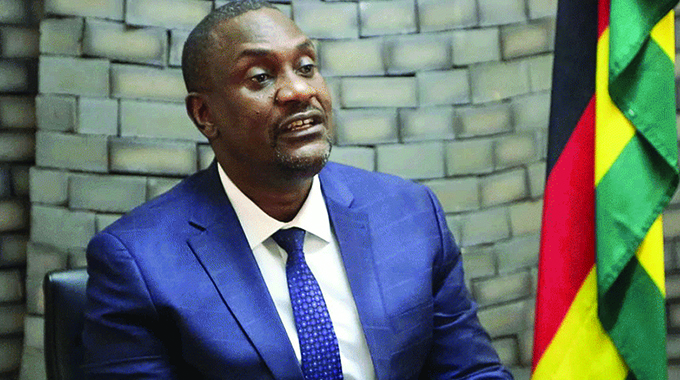

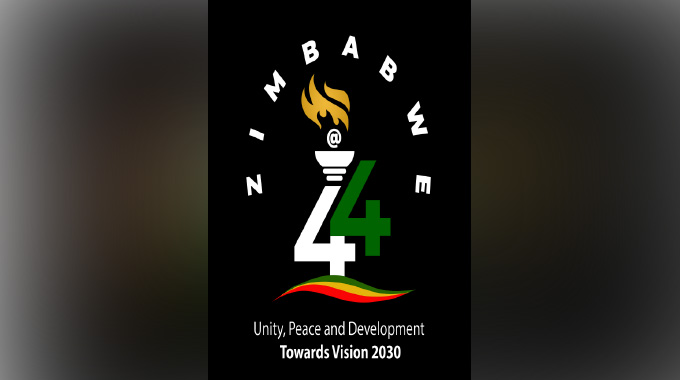

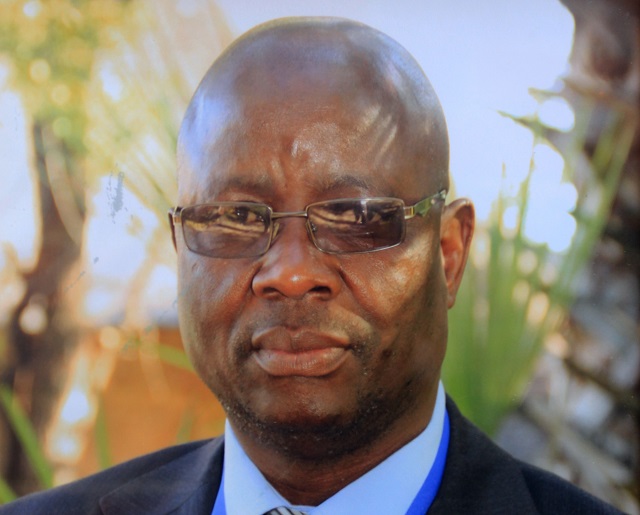


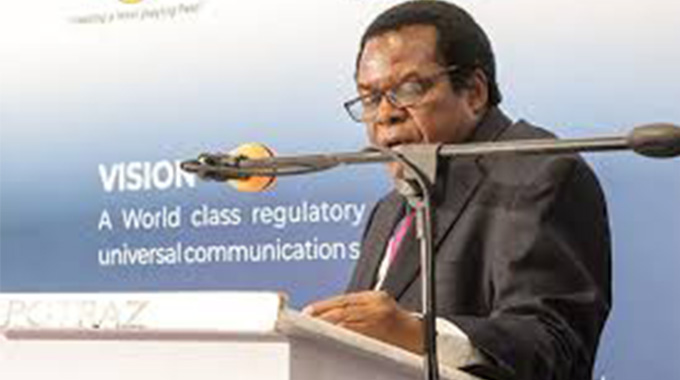



Comments